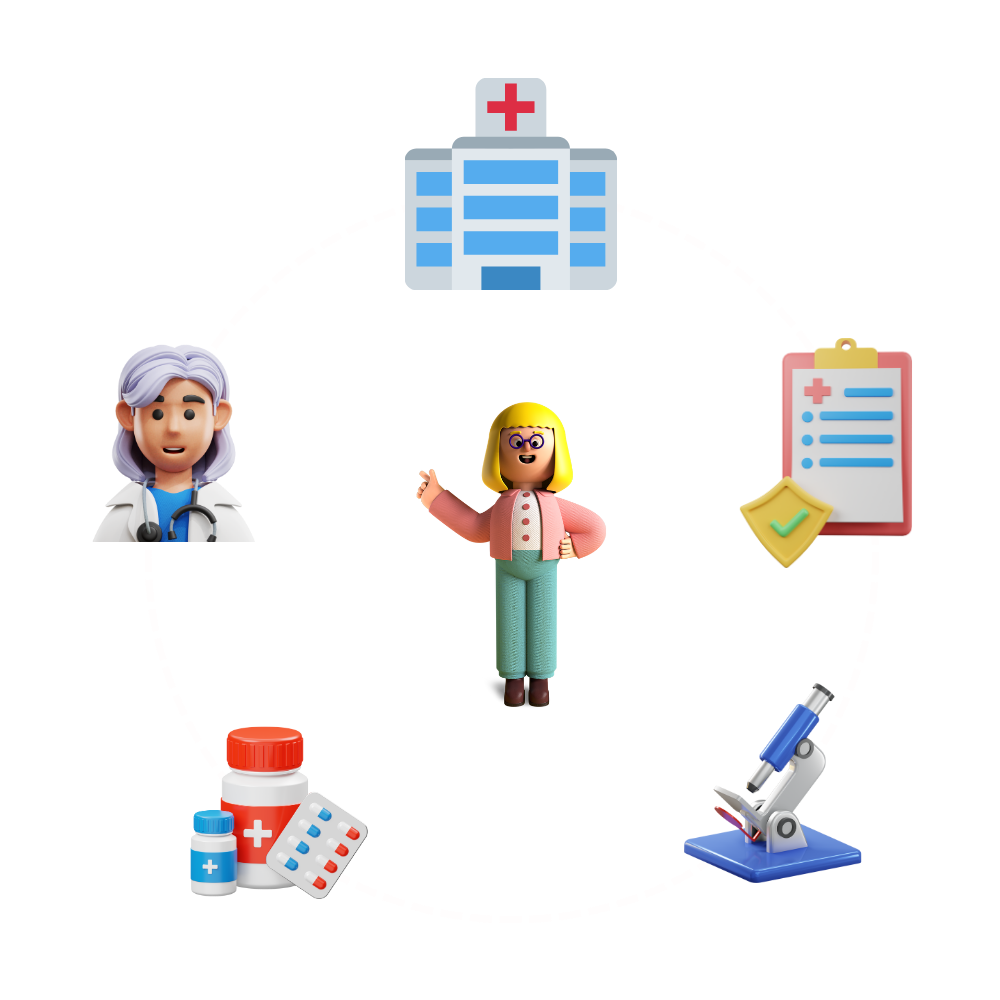About Unicare Hospital
Since 2014
Unicare Hospital is Well Known 25 beds Multispeciality hospital located at Jamnagar Road, Rajkot. Established in the year 2014. Unicare Hospital is visited by top doctors like Dr. Jigeesh Doshi (Cardiac Surgeon), Dr. Kinjal Niranjan Bhatt (Cardiologist), Dr. Vishal Poptani (Cardiologist), Dr. Nilesh Makadia (Cardiologist), Dr. Tejash Pandya (Cardiologist), Dr. Satyam Udhreja (Cardiologist), Dr. Shrenik Doshi (Cardiologist) & More.
The Timing of Unicare Hospital is
MON - SUN
24 * 7
For patients pleasant facility, Unicare Hospital provides a amenities like Waiting lounge, Cafeteria. Unicare Hospital has a wide range of procedures and services offered to their patients like Angioplasty and Stenting, Complex Angioplasty, Coronary Angiography, General Medical Consultation, ECHO Cardiography, Bypass surgery, Critical care Nephrology & More.
The 7 Doctors at Unicare Hospital are very good knowledge in their field of expertise & provide the best Diagnosis & Treatment to patients. The staff at Unicare Hospital are polite and providing prompt assistance with any queries that the patient may have.
The patient can pay for the service with ease by using any of the available modes of payment, such as Debit Card, Net Banking, Cash, Master Card. Unicare Hospital provide Insurance Support and has tie-up with Mukyamantri Amrutam Yojana, Pradhan Mantri Jan Arogya Yojna.
Unicare Hospital uses treatment models to ensure the best outcomes for patients. Our team is committed to provide the best healthcare to every patient.
Our doctors are supported by standardized care protocols that help deliver consistent patient care and follow a common treatment plan for a given illness. The talent pool is further strengthened by qualified and well-trained nursing, physician and technical professionals. Our nurses are trained in the latest techniques across various specialities and have implemented global best practices in care-giving.
The entire Specialities Team follows a Common Plan, so that no time is lost in getting expert advice for the simplest clinical problems or for the most complex disorders.
With state-of-the-art infrastructure, cutting edge technology and Full Time Specialties, our system ensures the best outcomes for our patients.
The model guarantees excellence in delivery of care to very critical patients and after complex interventions or surgeries leading to success rates matching to that of the best centers in our country and overseas.
 Drlogy
Drlogy










